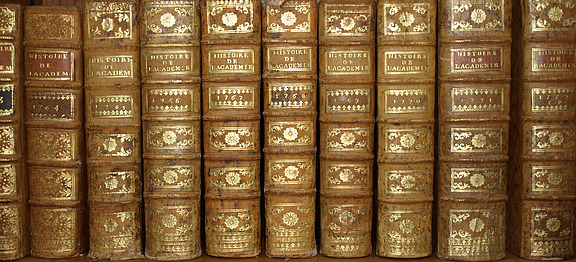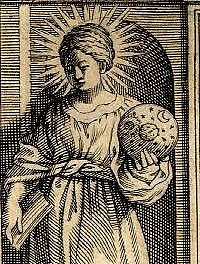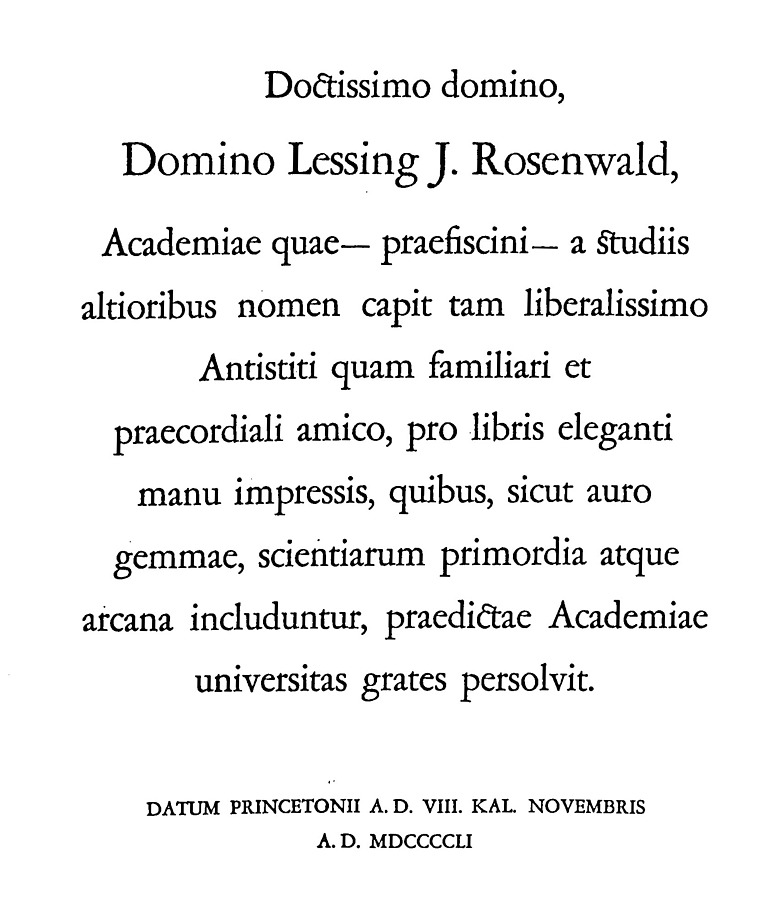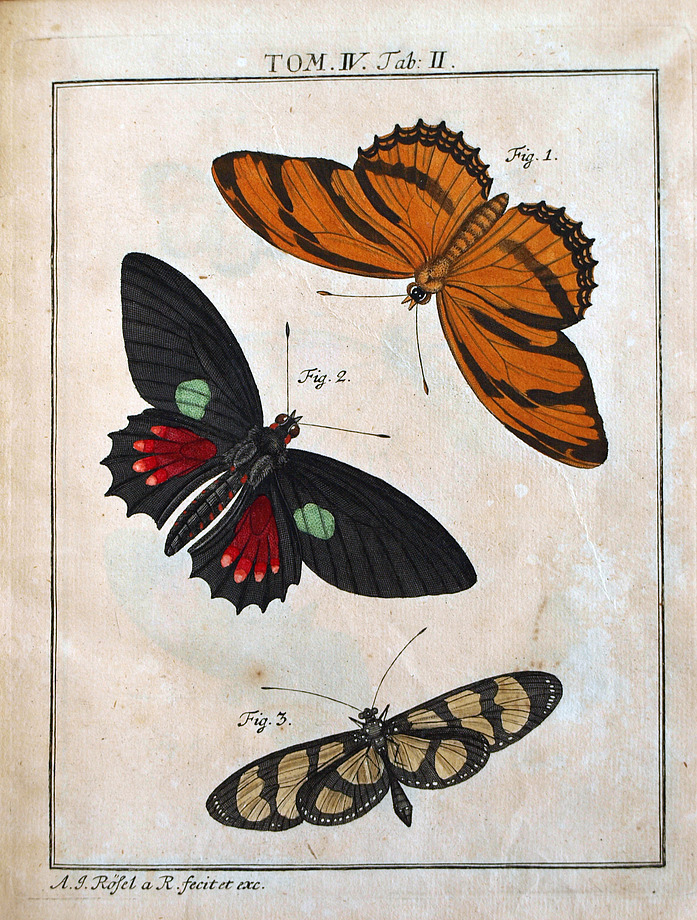The Institute's Rare Book Collection and the Rosenwald Collection
The development of the Institute's rare book collection began with a gift from Lessing J. Rosenwald.
Lessing J. Rosenwald served as a Trustee of the Institute from 1940-1970 and Trustee Emeritus from 1970-1979. Rosenwald in 1950-51 purchased Herbert McLean Evans’ collection of first editions in the history of science expressly for the Institute. Well known for his love of books and his interest in sharing his collections, Rosenwald kept his personal collection, including fifteenth-century woodcut books and early sixteenth-century illustrated books, in a private gallery in his hometown of Jenkintown, Pennsylvania. Rosenwald later bequeathed to the Library of Congress and to the National Gallery the bulk of his own personal collection, which included his William Blake Collection, considered one of the finest in the world.
The core of this collection of first editions in the history of science was assembled by Herbert McLean Evans circa 1930. Evans had been at Johns Hopkins University as a Professor of Anatomy and became well known for his work on embryology. He later accepted a professorship in anatomy at the University of California at Berkeley. In 1918, Evans and Berkeley zoologist Olive Swezy were among the first researchers to count human chromosomes. Evans also worked with Katharine Scott Bishop in purifying and identifying the nature of vitamin E and its influence on reproductive health. In 1930, Evans became the director of Berkeley’s Institute of Experimental Biology.
Throughout these years, Evans collected and catalogued rare books. He was well known as a pioneer collector of first editions of books in the history of science. He did not keep careful track of finances relating to his book collecting activities and at least on two occasions, after selling off a particular collection, would later reacquire some of the books sold.
The original collection presented by Lessing J. Rosenwald to the Institute for Advanced Study in 1951 is the second of seven collections focusing on the history of science which Herbert McLean Evans acquired over his lifetime.
Originally numbering 1,960 titles, through continued acquisitions made possible by the Leon Levy Bookfund, set up in memory of IAS' former trustee, the Rare Book Room now holds circa 3,000 titles. Throughout the years the collection has also received many gifts from Ernst Kantorowicz, Harry Woolf, and other members of the Institute community.
The Spinoza Research Collection: A significant 2017 acquisition of books to the rare book collection contains books by Spinoza as well as other titles on his life and work, books that influenced him and books showing the influence of his philosophy on later authors. The first part includes Spinoza's own works, in seventeenth, eighteenth and nineteenth editions. It is chronologically arranged, starting with the original edition of his first book on Descartes, the only book published with his full name on the title.

Letter from Jake Zeitlin to J. Robert Oppenheimer regarding the acquisition.




